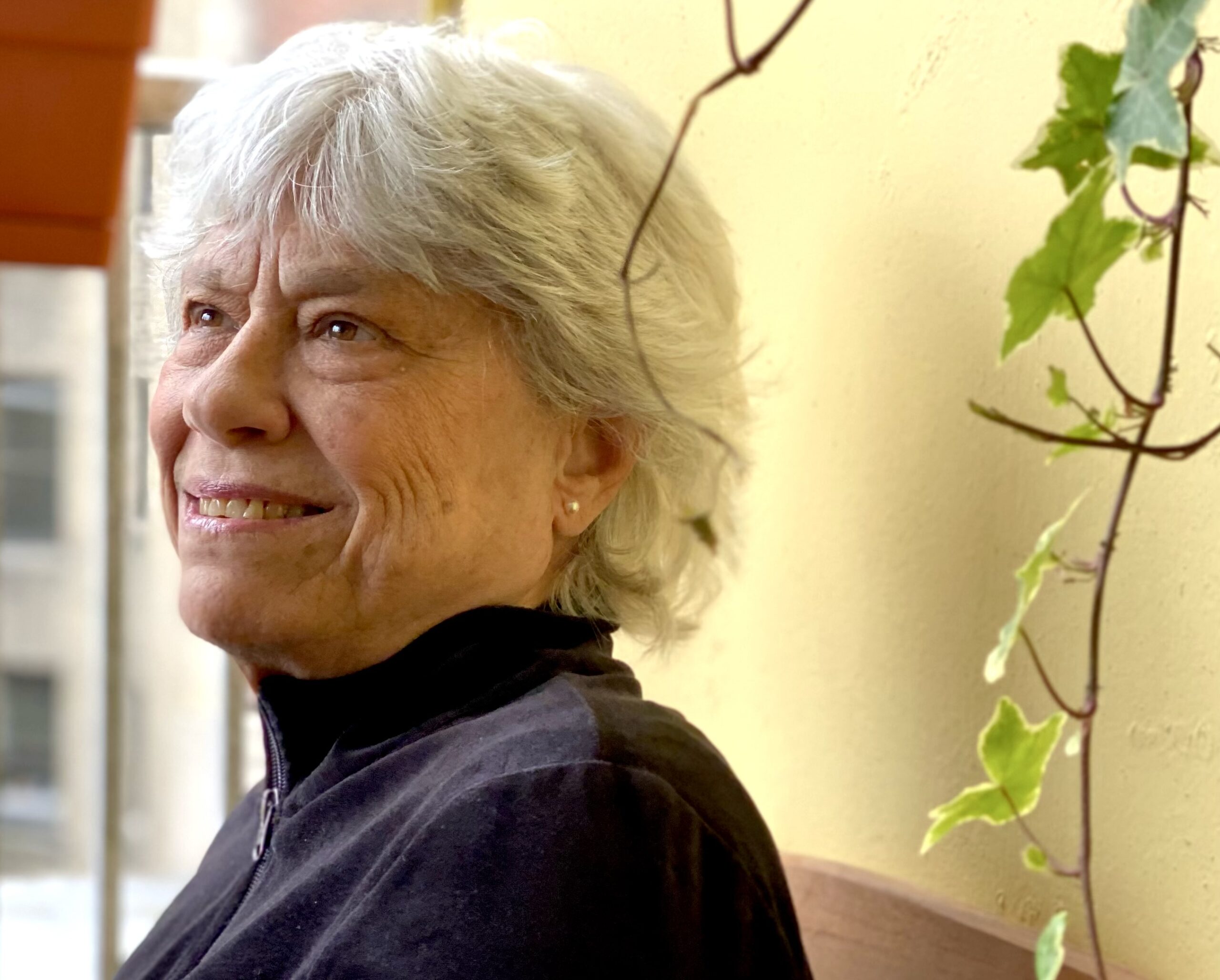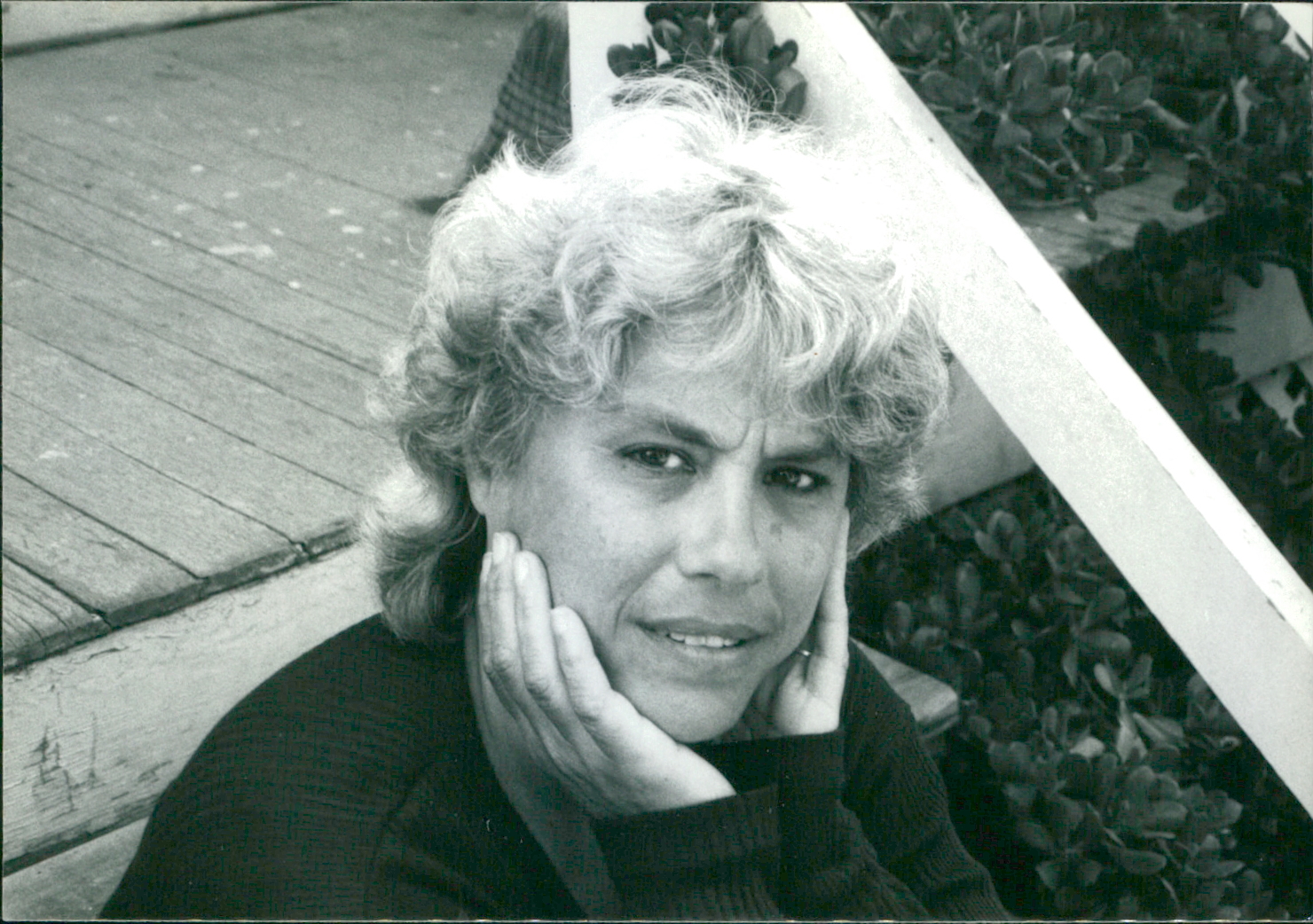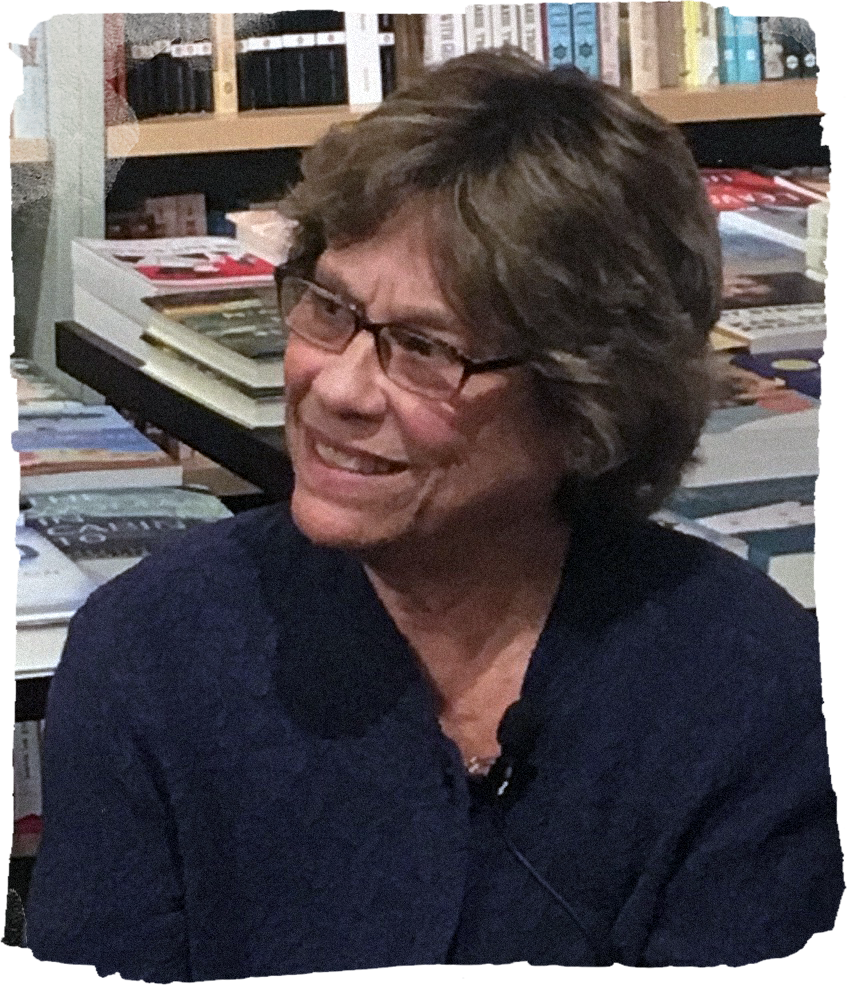Writer of fiction and non-fiction, including memoir, journalism and essay.
Jane Lazarre – November 16, 1943 – June 19, 2025
Jane Lazarre was a prize-winning writer of fiction, memoir, essays and poetry. Her art and her voice were brave, passionate, powerfully honest and fierce in a commitment to revealing what must be said and speaking truth.
Her first memoir, The Mother Knot, was groundbreaking and a widely influential work still today. The first of its kind to speak to the complexities and ambivalence of motherhood – the beauty and love of the experience, but also the loss of sense of self and identity. It is among the Feminist canon.
Her last memoir, The Communist and The Communist’s Daughter, detailed her formative experience growing up in a Jewish Communist community and the unique world view this upbringing instilled. Her memoir Beyond the Whiteness of Whiteness: Memoir of A White Mother of Black Sons, explored the transformation of her life from marrying into an African American family and raising two Black sons.
Her memoirs, The Communist and The Communist’s Daughter, Beyond the Whiteness of Whiteness: Memoir of A White Mother of Black Sons, Wet Earth and Dreams: A Narrative of Grief and Recovery, and The Mother Knot, were all published by Duke University Press. Lazarre’s novels include Inheritance, Some Place Quite Unknown, The Powers of Charlotte, On Loving Men, Some Kind of Innocence, and Worlds Beyond My Control, reissued in winter, 2017, by Hamilton Stone Editions. In 2021 her first collection of poetry, Breaking Light, was published.
In addition to American publications, her work has been published in Great Britain, and has been translated and published in German, French and Spanish. Over the last several years, the Barcelona based Spanish publisher, Las Afueras, in Barcelona, has published Spanish editions, internationally, of The Mother Knot, The Communist and The Communist’s Daughter, and Beyond the Whiteness of Whiteness. Las Afueras has distributed her work in countries that include Spain, Chile, Argentina and Mexico. Las Afueras invited Jane to Barcelona in 2018 to speak at Centre de Cultura Contemporania de Barcelona in recognition of the publication of The Mother Knot.
Lazarre’s recent essays published online, include “Once White in America” and “On The Problems of Breathing in America;” as well as “Politics and Art” in the anthology, The Racial Imaginary, edited by Claudia Rankine; and “Hoarding,” a story published in Hamilton Stone Review. Lazarre was also a long time writer and journalist for The Village Voice, where she authored many articles, including a widely recognized profile of Kathy Boudin and covered Boudin’s trial, a profile that led to a life-long friendship with Kathy. Jane worked for many years for Kathy’s release from prison. Jane also authored a seminal work on Freud and Feminism, among others in The Village Voice.
Awards for her work include a National Endowments for the Arts Award and Yaddo Residency.
Lazarre was a professor for over 40 years and taught writing and literature at the City College of New York, Yale University and Eugene Lang College at the New School, where she created and directed the undergraduate writing program and served on the full-time faculty for many years. For decades she taught African American literature and women’s studies. She was a revered teacher who inspired generations of students to be brave and to write their stories – and to read African American fiction and autobiography, as a way to understand America. Upon retirement from The New School, she taught writing privately – memoir, poetry and narrative – to psycho-analysts.
Jane Lazarre was a founding member of the Board of Directors of The Brotherhood Sister Sol, an organization in Harlem that serves children and youth in New York City and across the country and works for racial, class and gender equity. The organization was co-founded by her son, Khary Lazarre-White, and where he is Executive Director – she served on the Board until her passing. She was also an Advisor to Persimmon Tree, a literary journal on line for women writers and artists.
Jane Lazarre earned her BA from City College, her MA in Anthropology from the New School and completed two years of graduate study in psycho-analytic thought. She lived in New York City throughout her life.
Jane was born and raised in Greenwich Village and raised in a Jewish Communist enclave. Her father, Bill Lazarre (ne Bill Lawrence in the Communist Party), a Russian/Romanian immigrant, was a leader in the New York State Communist Party and was incarcerated for his political views by the US government in federal penitentiary. Her father was called in front of the House Un-American Activities Committee (HUAC), during the era of “McCarthyism” – and he bravely refused to name names, stating “I am no stool pigeon.” He was subsequently “black-listed.”
Bill Lazarre, was a Political Commissar for the Abraham Lincoln Brigade and fought in Spain against fascism and Franco. Due to his service, Jane and her sister Emily, and their children, are eligible for Spanish Citizenship. Bill was continuously harassed by the FBI due to his political views and threatened with deportation – and Jane and Emily, when only in elementary school, were regularly followed and threatened by the FBI. This upbringing formed Jane and influenced her entire life and dedication to equality and equity – examining society through the prism of race and gender and class. These themes are reflected not only in her activism, but in so much of her artistic work.
Jane is survived by her husband of 58 years, Douglas Hughes White, an attorney and long-time New York City and New York State government leader and civil rights activist; her eldest son Adam Lazarre-White, an actor, teacher, writer and producer; and her youngest son Khary Lazarre-White, an activist, novelist, attorney and co-founder and Executive Director The Brotherhood Sister Sol. She is also survived by her sister Emily Lazarre, a visual artist based in Berkeley, California; beloved in laws, nieces and nephews, cousins and abiding friends; and one dear granddaughter, Aiyana White, daughter of Adam. Jane wrote extensively of being a part of an African American family, birthing and raising Black sons, and the role that this experience had in altering her world view and so much of her writing. This family experience led to a many decades immersion, study and teaching of African American memoir and fiction, and as she wrote, this deeply personal reality helped her move beyond “the whiteness of whiteness.”




